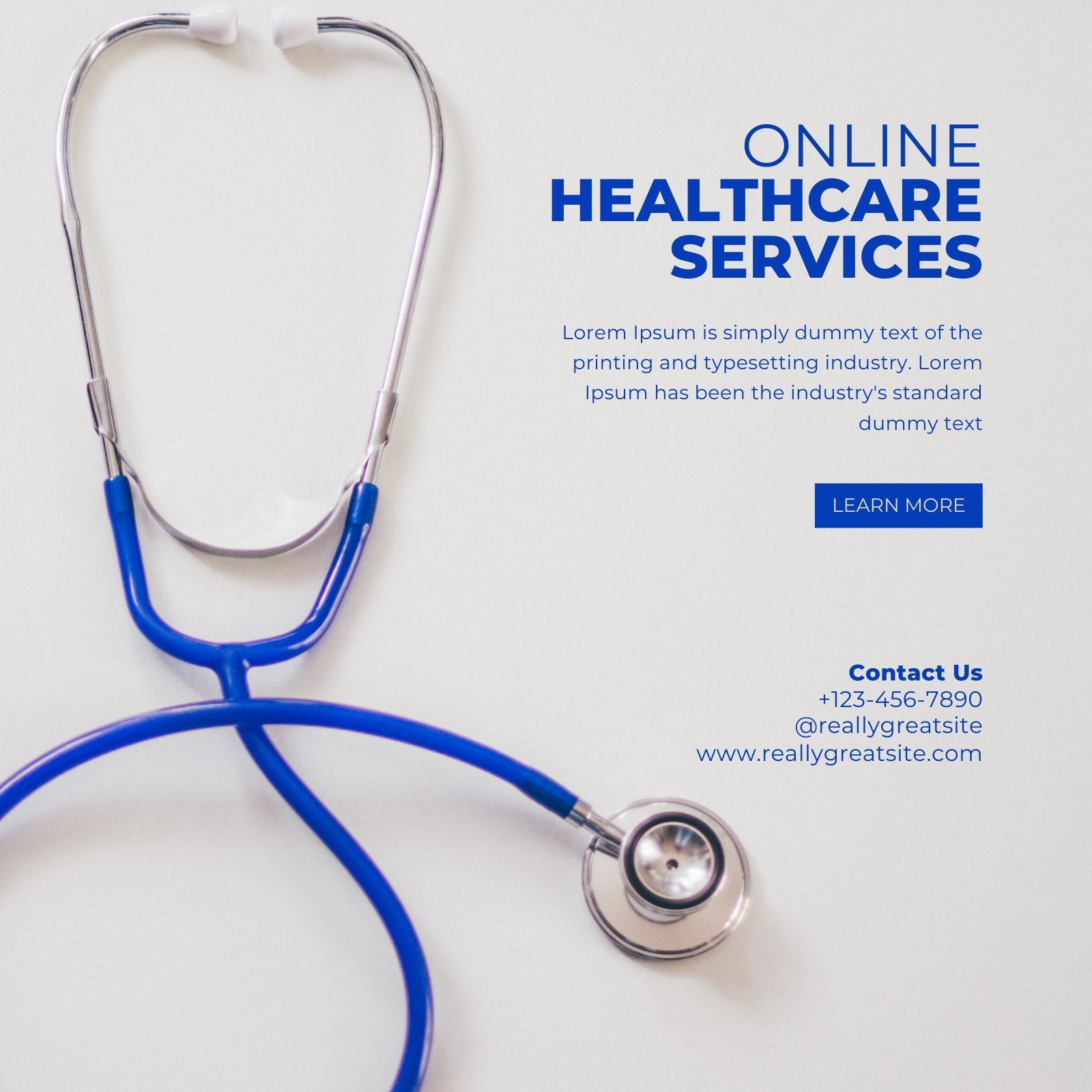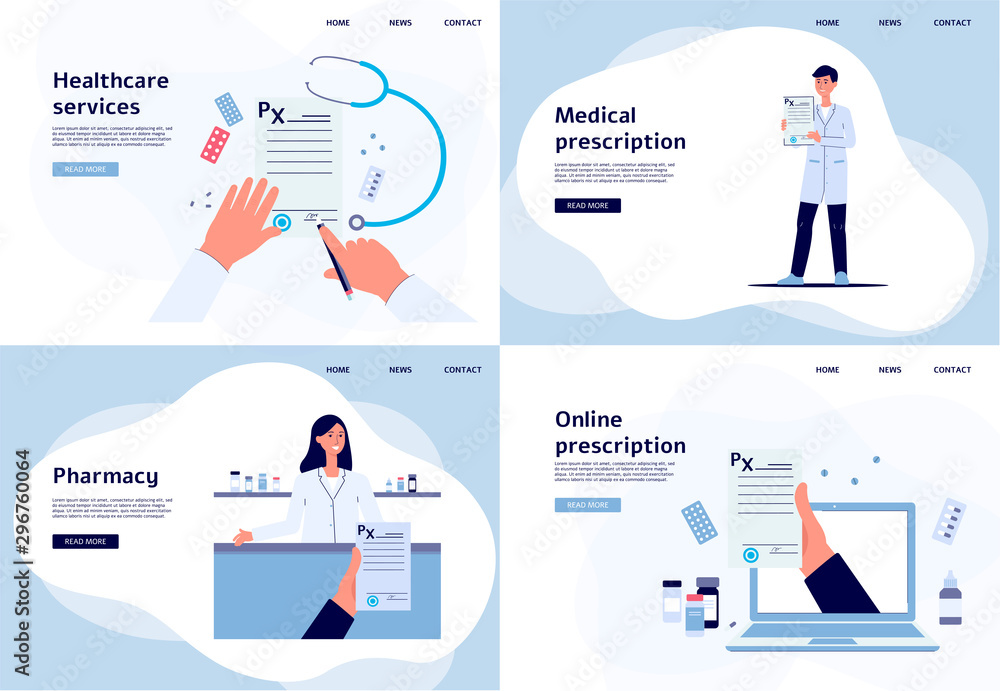Subscription Based Healthcare: Changing the Way We Think Of Health
Subscription Based Healthcare: Changing the Way We Think Of Health
Blog Article
Browsing the Future of Medication With Subscription-Based Healthcare Services
As the medical care industry evolves, subscription-based solutions arise as a critical design guaranteeing to reshape client treatment distribution. The answers to these questions can basically alter our method to healthcare.
Surge of Subscription Medical Care
As health care systems around the globe face increasing pressures from increasing expenses and demand for services, the development of subscription-based medical care versions has become a transformative trend. This ingenious method is disrupting conventional health care delivery by supplying a predictable, flat-rate repayment framework for medical services. Rooted in the concepts of concierge medication, subscription-based medical care permits companies to concentrate on customized individual treatment while concurrently managing operational effectiveness.
The surge of this model can be connected to several elements. Technical improvements have made it possible for a lot more smooth integration of treatment through telehealth and electronic health documents, facilitating the scalability of registration services. The boosting customer demand for openness and predictability in healthcare expenditures has driven the change in the direction of this version. Subscription-based solutions frequently use direct access to medical care specialists, which can lower the management burdens connected with insurance policy claims and compensations (subscription based healthcare).
This model is getting traction among varied doctor, from medical care doctors to specialized clinics, by lining up economic incentives with preventative and continual care. By shifting the focus from quantity to value-based treatment, subscription healthcare has the prospective to improve the landscape, promoting a much more sustainable and patient-centered technique to health management.
Advantages for Clients

Furthermore, subscription-based solutions usually emphasize preventative care, motivating routine check-ups and wellness screenings. This proactive approach can bring about very early discovery of health issues, potentially improving end results and minimizing long-lasting medical care expenses for individuals. Such versions usually offer transparent rates, permitting people to better comprehend their medical care costs and avoid unexpected medical expenses.
The customized nature of subscription-based medical care also enhances patient experience. Individuals can obtain tailored healthcare strategies that suit their certain requirements, fostering an extra patient-centric technique. This personalization can bring about improved individual contentment and adherence to treatment strategies. Subscription solutions frequently incorporate wellness programs, sustaining patients in preserving total health and health. Inevitably, these benefits collectively contribute to a more effective, affordable, and patient-friendly healthcare experience.
Technology's Duty in Makeover

Synthetic knowledge (AI) plays a vital role in predictive analytics, helping in very early medical diagnosis and tailored therapy plans. AI formulas examine vast datasets to identify patterns that may be overlooked by human observation, thus improving medical decision-making. Electronic health records (EHRs) enhance patient info monitoring, making certain connection and comprehensibility of care throughout different solutions and suppliers.
Blockchain innovation boosts information protection and personal privacy, crucial for keeping client depend on in electronic systems. It makes it possible for protected and clear purchases of clinical data, ensuring that sensitive details remains protected. With the assimilation of equipment knowing and AI, blockchain can automate complex medical care procedures, minimizing administrative worries.
Considerations and difficulties
While modern technology drives the abilities of subscription-based medical care solutions, it additionally presents a set of obstacles and factors to consider that must be resolved to ensure successful implementation. One significant challenge is the fair availability of these services.
Data privacy and safety and security stand for an additional essential consideration. Subscription-based solutions typically involve the collection and storage of huge quantities of individual wellness details. Suppliers have to stick to rigid data security guidelines to keep person trust and stop unapproved accessibility, which can result in considerable moral and lawful repercussions.
Furthermore, the sustainability of subscription designs presents a difficulty. As health care needs develop, look these up maintaining an affordable equilibrium in between subscription charges and solution quality is crucial to stop patient frustration and attrition. Additionally, incorporating these services within conventional healthcare systems requires seamless interoperability in between platforms, which is often a complex and resource-intensive venture. Dealing with these difficulties is necessary my link as subscription-based health care solutions continue to progress and expand.
Future Effects for Medication
Subscription-based healthcare services are positioned to considerably affect the future landscape of medication by improving how care is accessed and provided. These versions use the possible to democratize medical care access, giving people with even more timely and customized interventions. By leveraging innovation, such as telemedicine and data analytics, registration solutions can help with constant monitoring and customized health monitoring, thus improving end results and reducing the burden on traditional healthcare systems.
As these services gain traction, they can promote a shift towards preventative care, stressing the relevance of early discovery and administration of persistent conditions. This aggressive approach may eventually reduce medical care costs by reducing the requirement for costly treatments emerging from late-stage condition management. Subscription designs use a scalable service to deal with disparities in medical care accessibility, especially in country or underserved populaces.
Nevertheless, the transition in the direction of subscription-based versions requires addressing ethical and regulatory factors to consider, consisting of data personal privacy and equitable accessibility. As the market progresses, joint efforts between policymakers, innovation developers, and doctor will be essential to establishing durable structures that safeguard client passions while cultivating development. Inevitably, these solutions guarantee to contribute substantially to an extra reliable, patient-centered medical care ecological community.

Conclusion
Subscription-based medical care services represent a considerable evolution in the medical area, using predictable costs and personalized care that boost access and prioritize safety nets. Technological advancements, such as telemedicine and AI-driven analytics, assist in customized client experiences, enhancing general health and wellness results. Obstacles such as data privacy and fair access need to be addressed to make certain the extensive advantages of these solutions. As the health care landscape progresses, membership designs are poised to play a vital function in forming the future of medicine.
As the health care market advances, subscription-based services arise as a critical design assuring to improve person care distribution.As health care systems around the world face enhancing stress from climbing expenses and demand for solutions, the development of subscription-based healthcare versions has actually emerged as a transformative fad (subscription based healthcare).With the surge of subscription-based healthcare versions reshaping standard healthcare delivery, people are beginning to experience significant benefits from this cutting-edge approach. As medical care needs evolve, keeping an economical balance between subscription fees and click resources service high quality is essential to prevent client dissatisfaction and attrition.Subscription-based health care services are poised to considerably influence the future landscape of medication by improving exactly how care is accessed and provided
Report this page